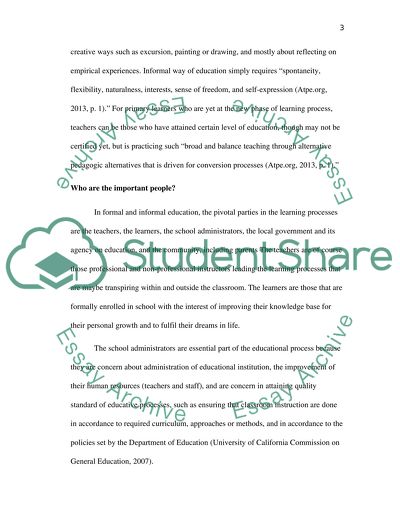Cite this document
(“Must young learners need teachers with a bachelor degree or not at all Research Paper”, n.d.)
Must young learners need teachers with a bachelor degree or not at all Research Paper. Retrieved from https://studentshare.org/education/1479895-must-young-learners-need-teachers-with-a-bachelor-degree-or-not-at-all
Must young learners need teachers with a bachelor degree or not at all Research Paper. Retrieved from https://studentshare.org/education/1479895-must-young-learners-need-teachers-with-a-bachelor-degree-or-not-at-all
(Must Young Learners Need Teachers With a Bachelor Degree or Not at All Research Paper)
Must Young Learners Need Teachers With a Bachelor Degree or Not at All Research Paper. https://studentshare.org/education/1479895-must-young-learners-need-teachers-with-a-bachelor-degree-or-not-at-all.
Must Young Learners Need Teachers With a Bachelor Degree or Not at All Research Paper. https://studentshare.org/education/1479895-must-young-learners-need-teachers-with-a-bachelor-degree-or-not-at-all.
“Must Young Learners Need Teachers With a Bachelor Degree or Not at All Research Paper”, n.d. https://studentshare.org/education/1479895-must-young-learners-need-teachers-with-a-bachelor-degree-or-not-at-all.


